11 GPTs for Information Structuring Powered by AI for Free of 2026
AI GPTs for Information Structuring refer to advanced tools based on Generative Pre-trained Transformers technology, designed to organize, categorize, and analyze vast amounts of data efficiently. These tools excel in interpreting, summarizing, and structuring information, making them invaluable in managing complex datasets. Their relevance in the Information Structuring label lies in their ability to provide tailored solutions that automate and refine data analysis processes, enhancing the accessibility and usability of data across various domains.
Top 10 GPTs for Information Structuring are: FAQ Generator Ai,自动结构化框架,CS AI SEO Topic Map GPT,Entity Relation mapping,Text to Wiki style,Shopping Cart,FAQ HTML Formatter,Data Hierarchy Optimizer.,Logic Architect with Summary Tables,기술분류생성GPT : 데이터링커
FAQ Generator Ai
Elevating Information, Enhancing Engagement
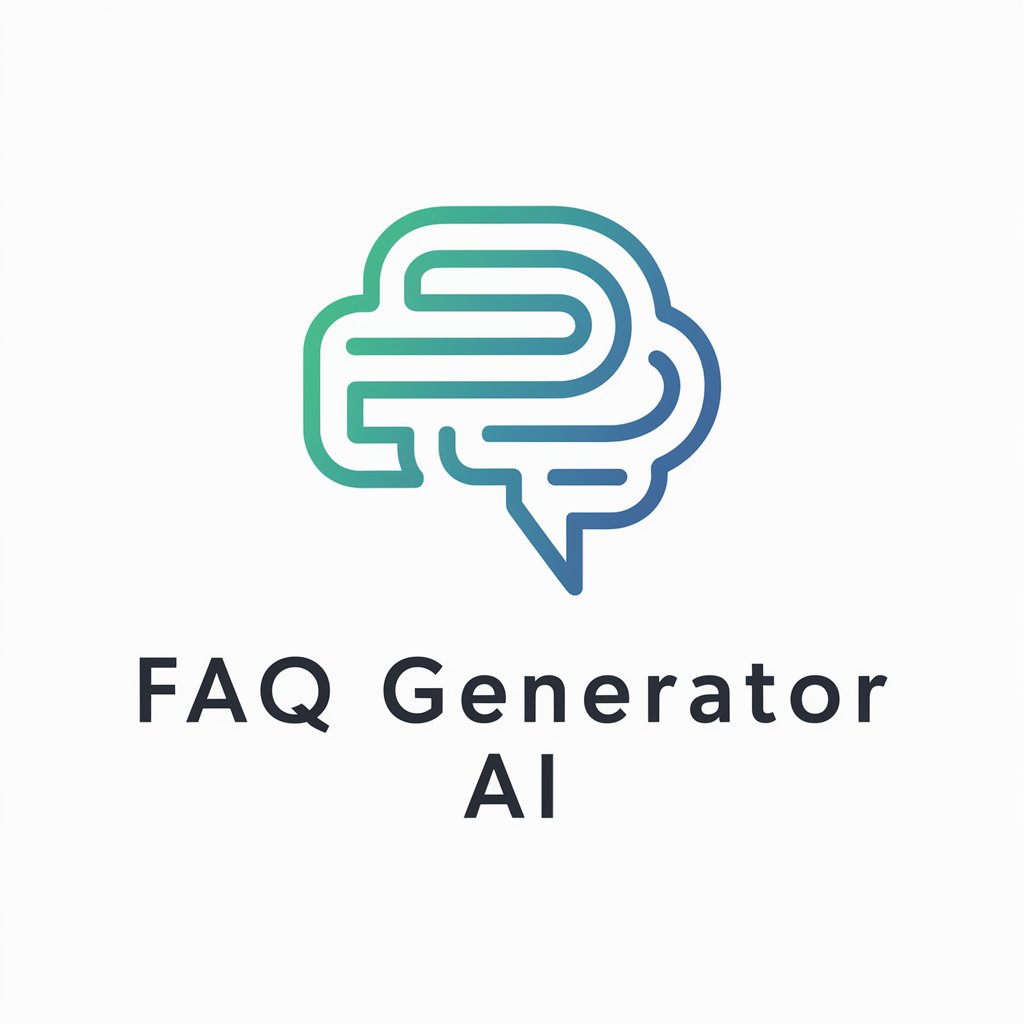
自动结构化框架
Structure Data Intelligently with AI

CS AI SEO Topic Map GPT
AI-Powered Topic Mapping and SEO Tool
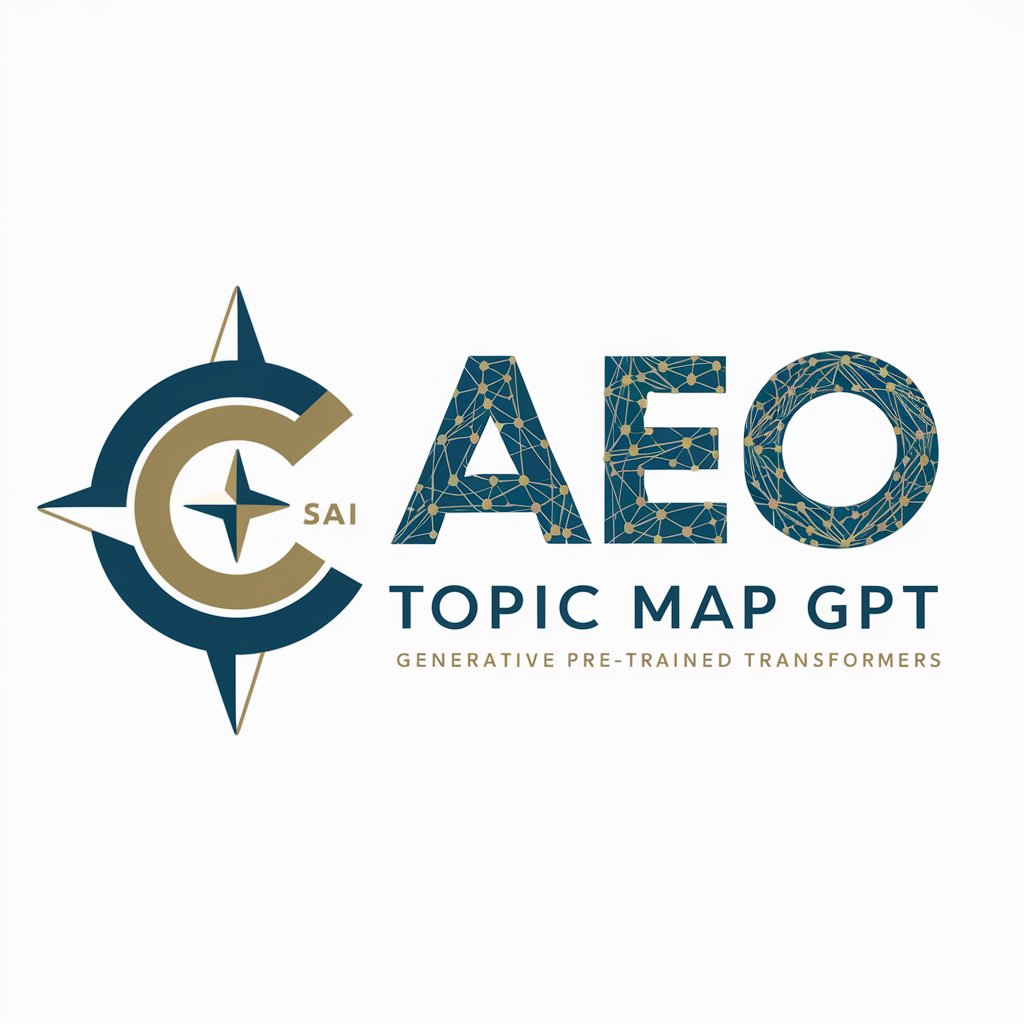
Entity Relation mapping
Mapping Text, Understanding Context
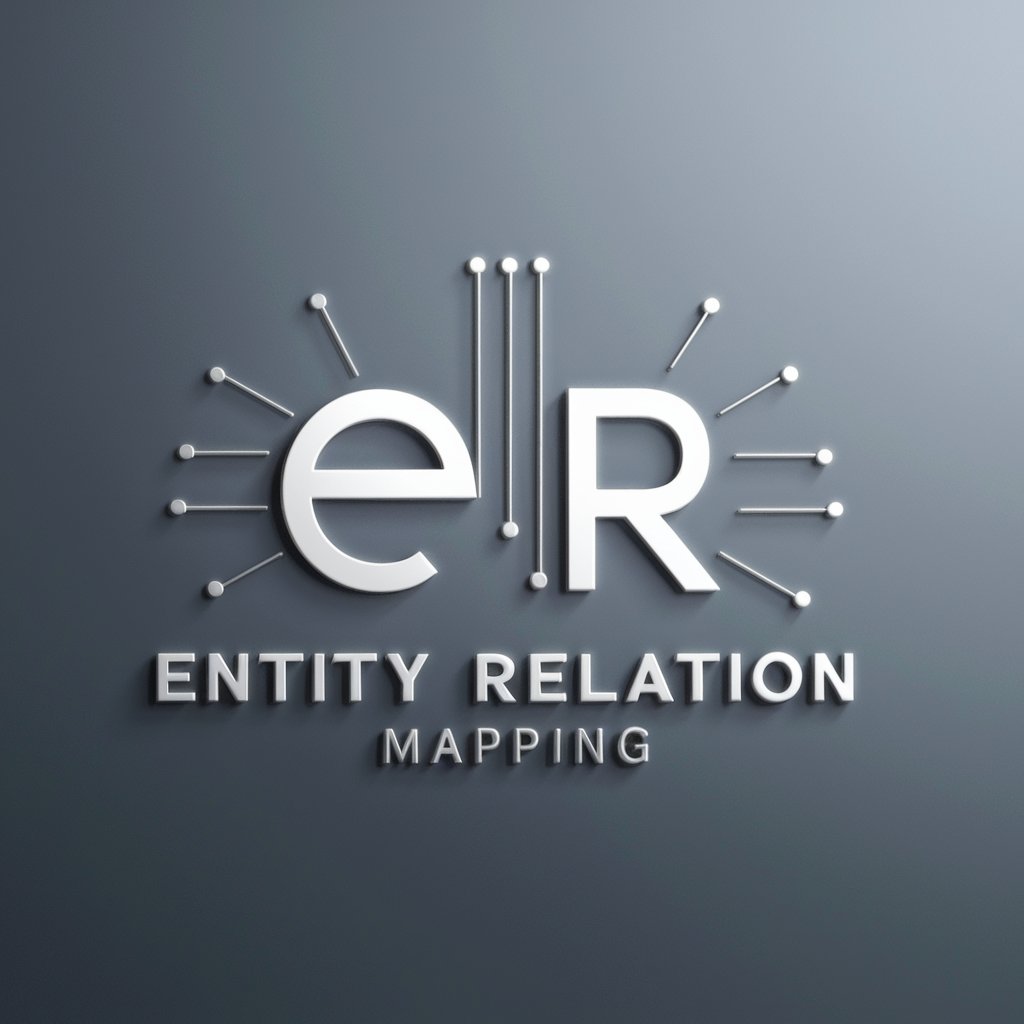
Text to Wiki style
Transform Text with AI to Wiki-Style
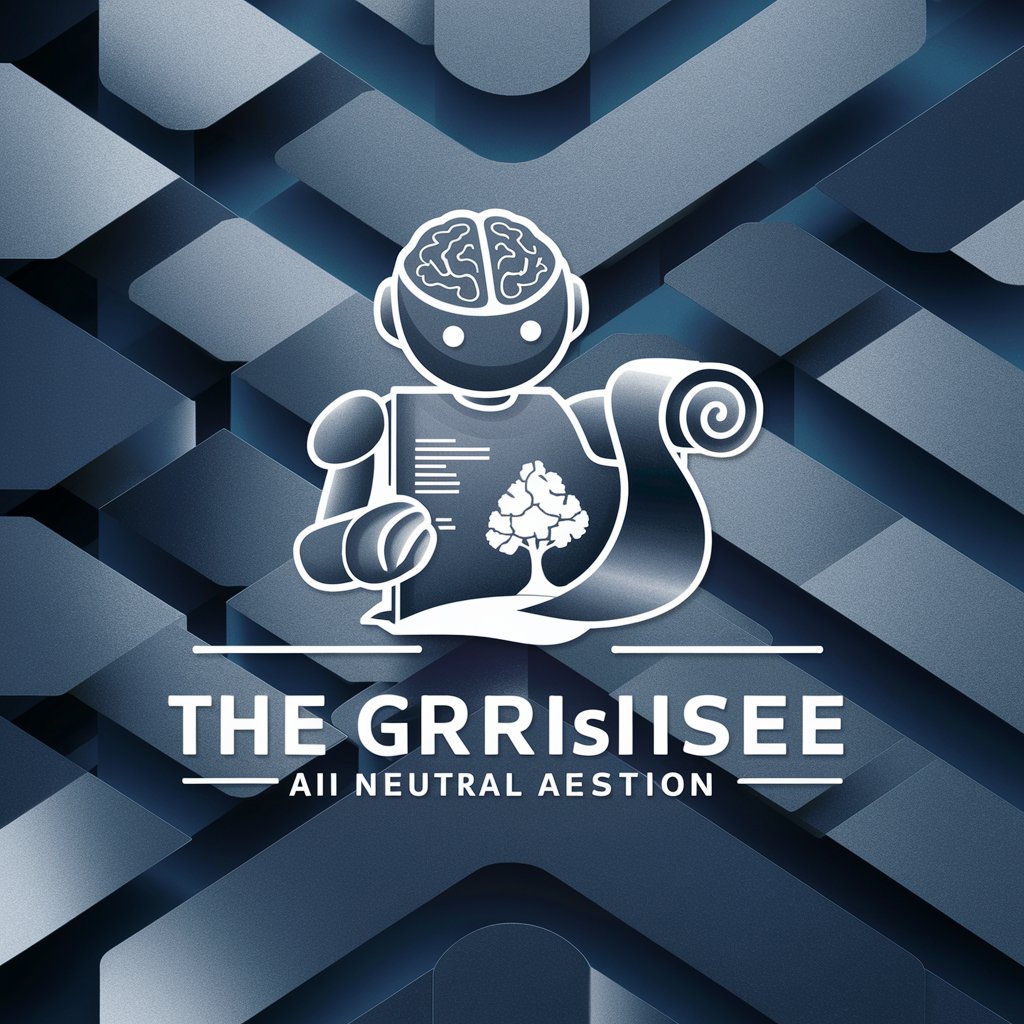
Shopping Cart
AI-powered structuring for clarity and ease.

FAQ HTML Formatter
Simplify FAQ Formatting with AI
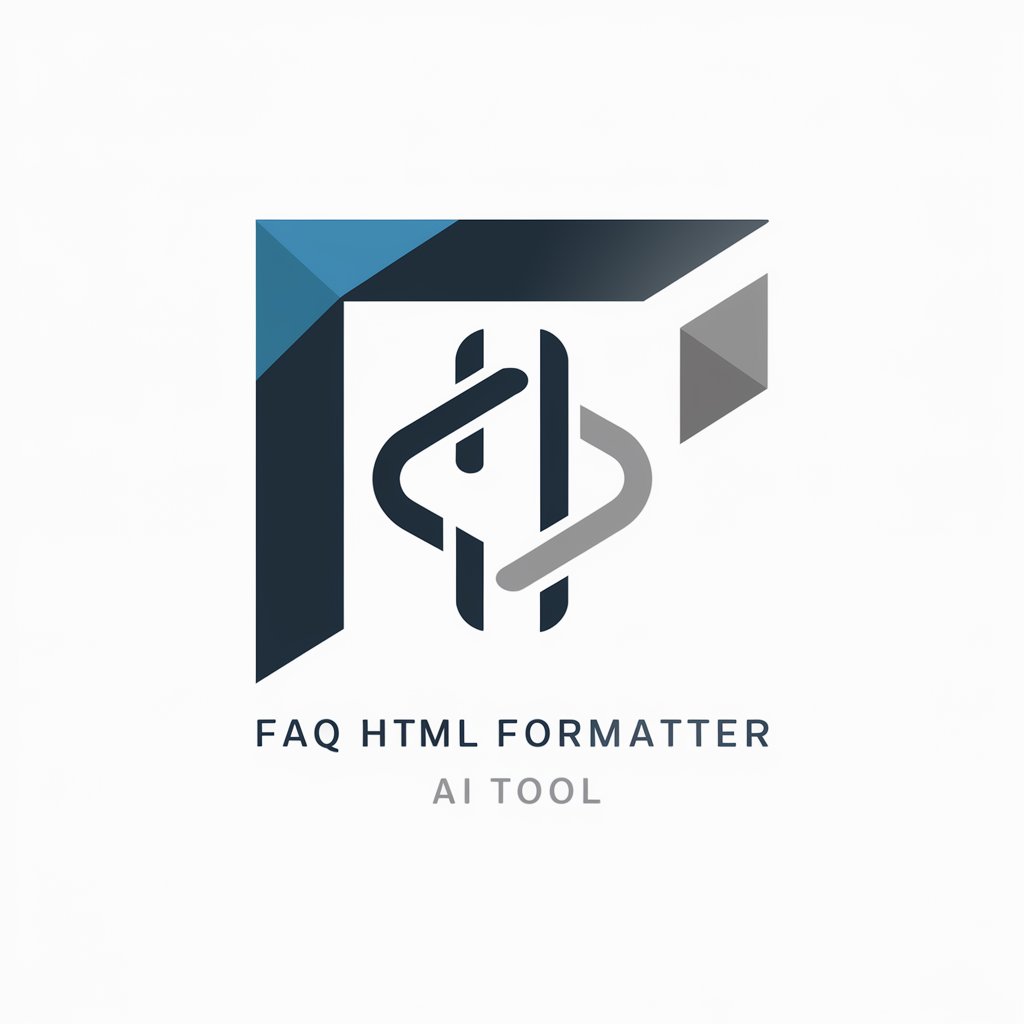
Data Hierarchy Optimizer.
Optimize Data, Empower Decisions
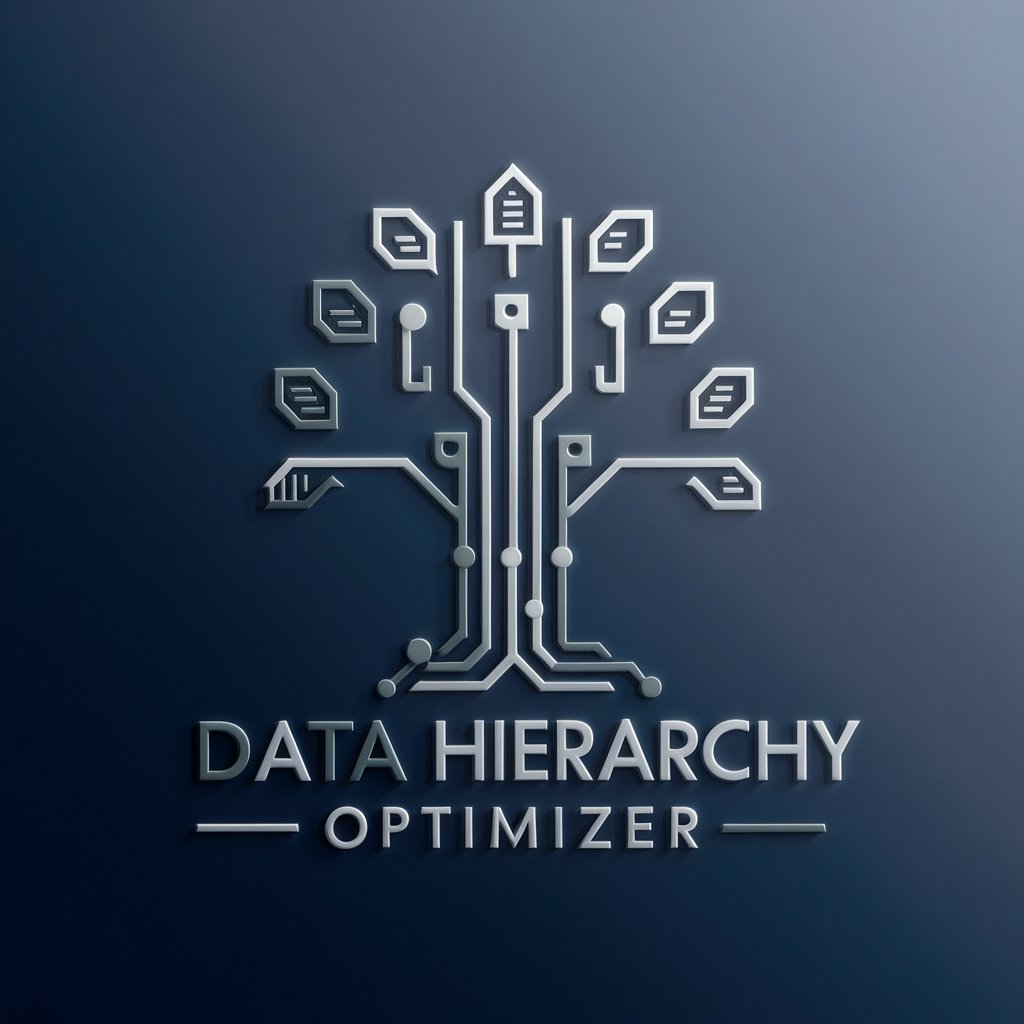
Logic Architect with Summary Tables
Simplifying Complexity with AI-Powered Logic
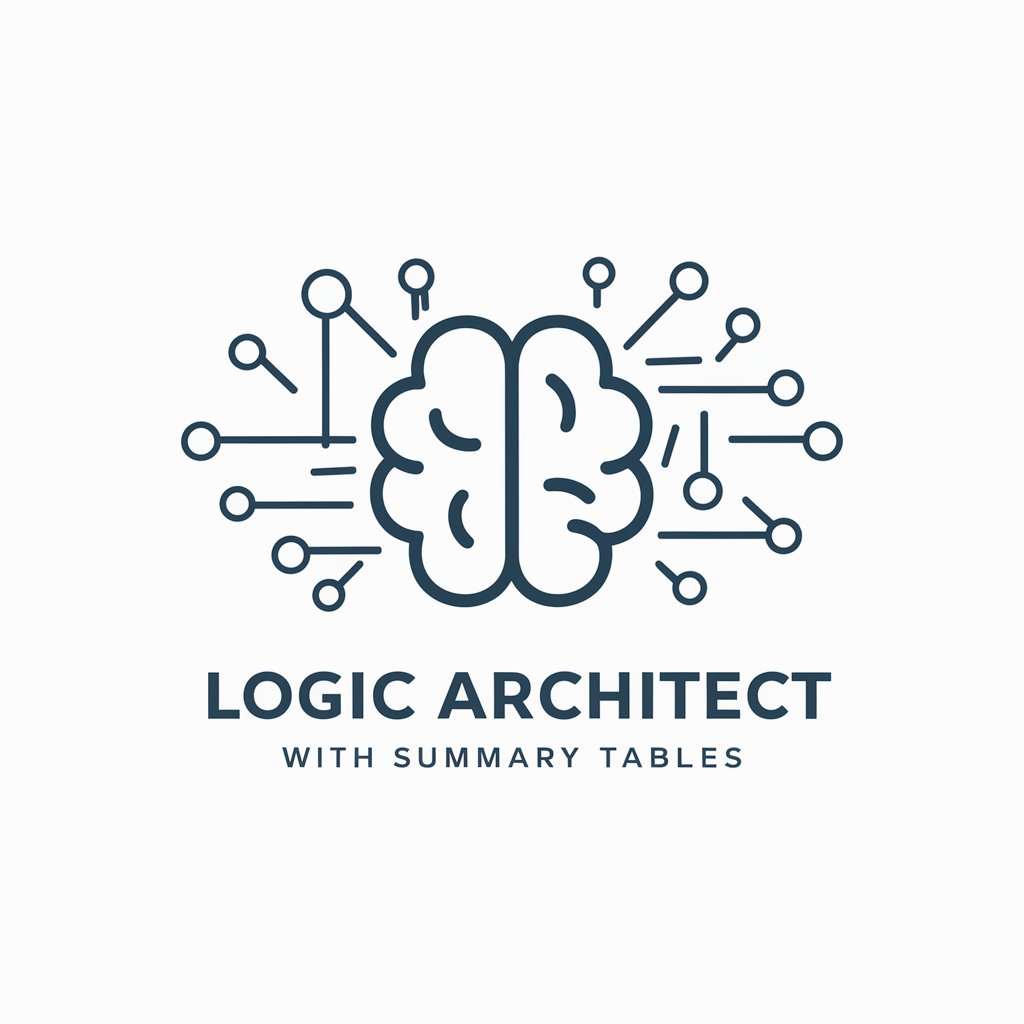
기술분류생성GPT : 데이터링커
Simplifying technology classification with AI

Logical entity decomposition
Unravel text, reveal connections.
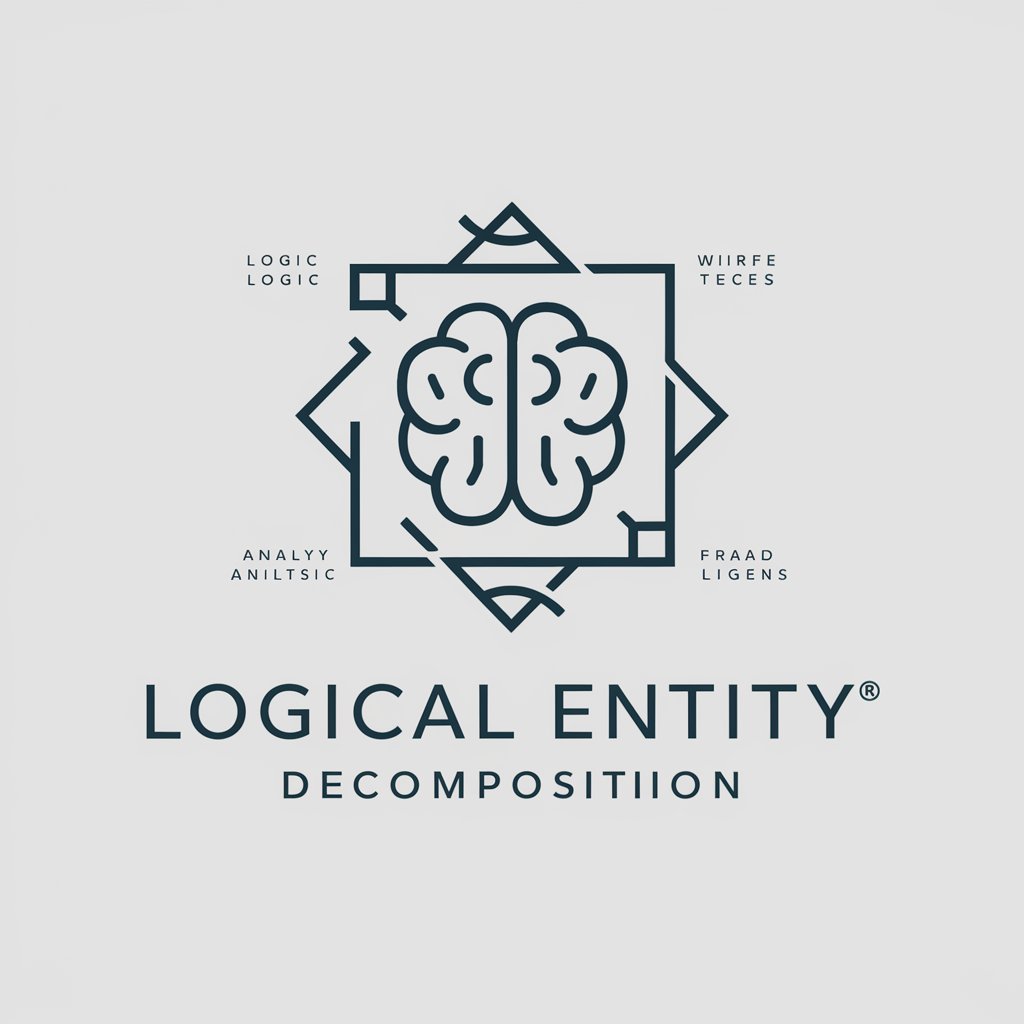
Key Capabilities of AI GPTs in Structuring Information
AI GPTs tools for Information Structuring boast unique characteristics including natural language understanding, pattern recognition, and the ability to learn from context. They adapt from basic summarization to complex data categorization tasks, equipped with capabilities like language translation, technical support, comprehensive web searching, imaginative image creation, and sophisticated data analysis. These features enable them to deliver highly customized information structuring solutions, distinguishing them in the field of data management and analysis.
Who Benefits from Information Structuring AI
The primary users of AI GPTs for Information Structuring include novices seeking to understand data organization, developers requiring advanced data structuring tools, and professionals in various fields needing to analyze and organize large datasets efficiently. These tools are designed to be accessible to users without programming skills, offering intuitive interfaces, while also providing extensive customization options for those with technical expertise.
Try Our other AI GPTs tools for Free
Iconography
Discover AI GPTs for Iconography: revolutionary tools for analyzing and interpreting art's symbols, tailored for professionals and enthusiasts alike.
Blood Sugar Management
Explore AI GPTs for Blood Sugar Management - innovative tools designed to revolutionize how we manage and understand blood sugar levels, offering personalized, AI-driven insights and solutions.
Travel Storytelling
Discover AI-powered storytelling for travel enthusiasts. Engage with vivid narratives, cultural insights, and personalized content creation.
Interactive Postcards
Discover how AI GPTs transform interactive postcard creation with advanced personalization, image editing, and multilingual support for users of all skill levels.
Legislative Updates
Discover the transformative power of AI GPTs for Legislative Updates, offering real-time legal insights and comprehensive analysis tailored to your needs.
Conversation Partner
Discover AI GPTs for Conversation Partner: Your gateway to engaging, personalized, and intelligent conversational experiences tailored to meet a wide range of communication needs.
Expanding the Horizons with AI GPTs
AI GPTs for Information Structuring serve as dynamic, customizable solutions across sectors, revolutionizing data analysis and organization. They offer user-friendly interfaces and can be integrated into existing systems, streamlining workflows and making complex data more accessible and actionable.
Frequently Asked Questions
What exactly are AI GPTs for Information Structuring?
AI GPTs for Information Structuring are advanced AI tools designed to automate the organization and analysis of data, using natural language processing to interpret and structure information.
How do these tools differ from regular data analysis software?
Unlike traditional data analysis software, AI GPTs offer advanced natural language understanding and can adapt their functions to handle complex, unstructured data, providing more nuanced and context-aware insights.
Can non-programmers use these tools effectively?
Yes, these tools are designed with user-friendly interfaces that require no coding skills, making them accessible to novices and professionals alike.
What kind of customization options are available for developers?
Developers can access APIs and programming interfaces to customize the tools' functionalities, integrate them into existing systems, or create new applications tailored to specific needs.
How can these tools be applied in professional settings?
Professionals can use these tools for tasks such as document summarization, data categorization, trend analysis, and generating insights from unstructured data sets.
Do these tools support multiple languages?
Yes, many AI GPTs for Information Structuring support multiple languages, allowing for cross-lingual data analysis and summarization.
What are the limitations of AI GPTs in data structuring?
Limitations include potential biases in the training data, challenges in interpreting highly specialized or technical information, and the need for periodic updates to maintain accuracy and relevance.
Can these tools integrate with existing data management systems?
Yes, through APIs and customization options, these tools can be integrated into existing data management workflows, enhancing their capabilities with advanced AI-driven structuring.